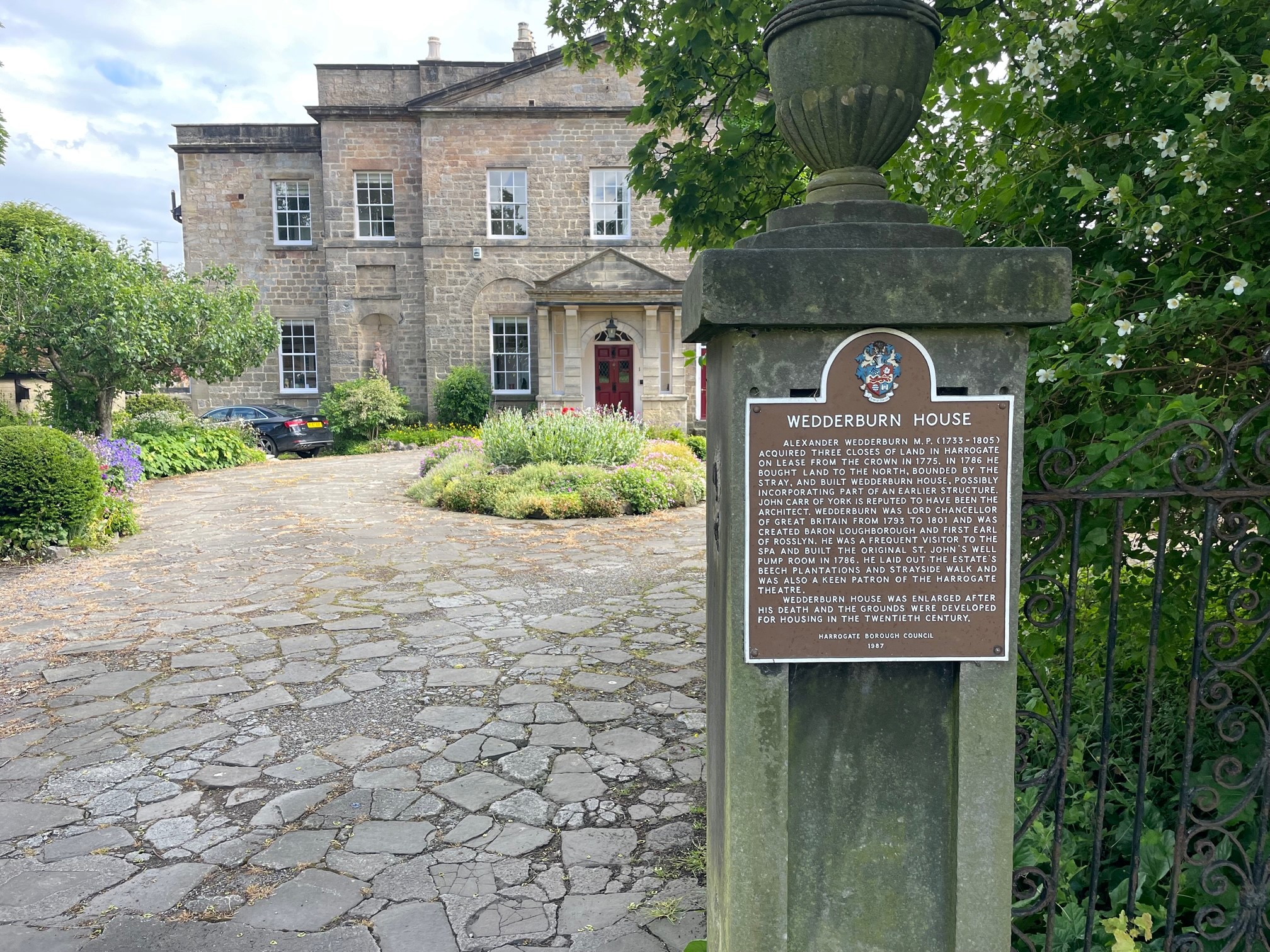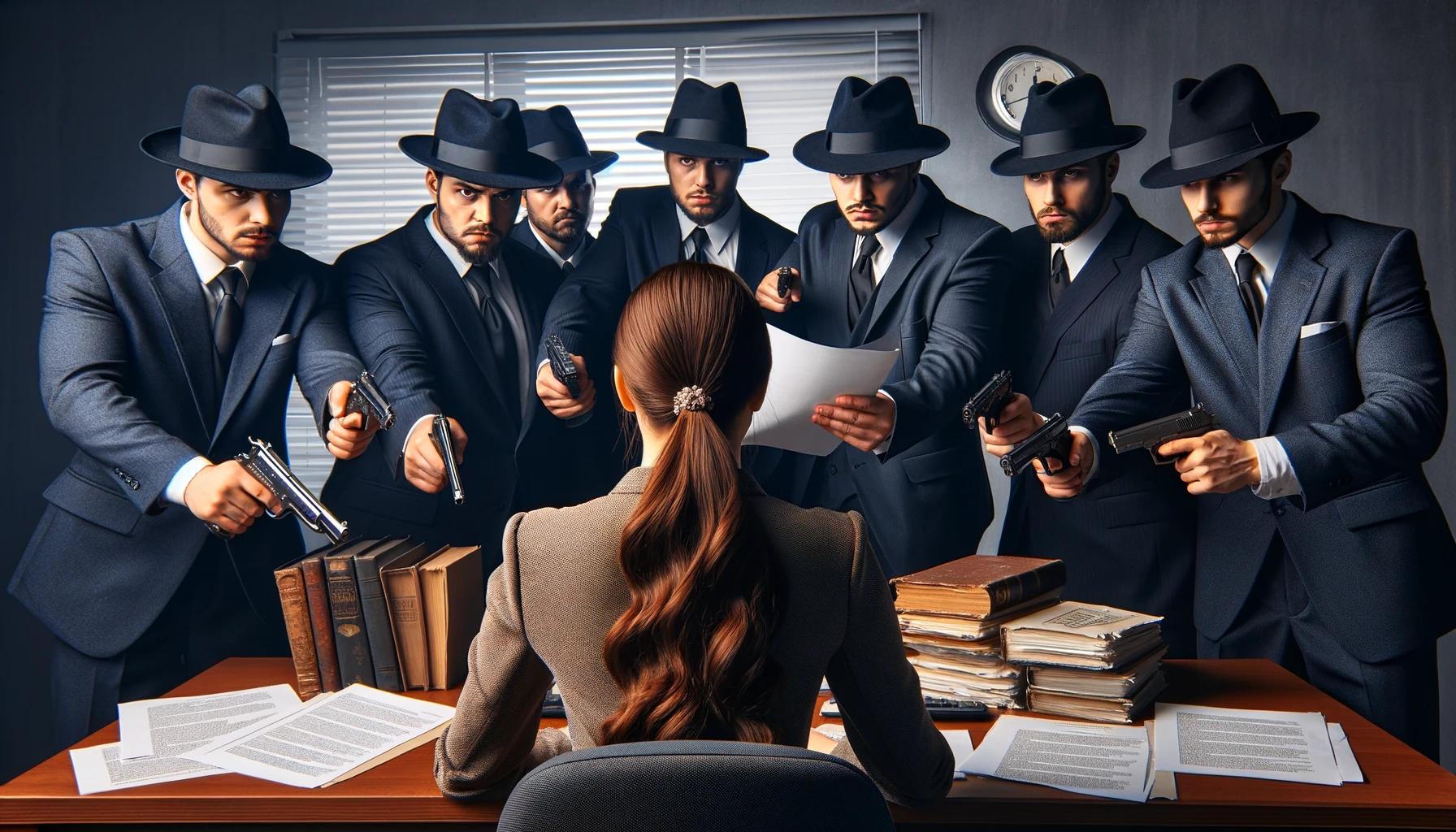Speech to the Harrogate and District Law Society in 2018
In 2018, I became the President of the Harrogate and District Law Society for its centenary year. It therefore fell upon me to deliver the centenary speech to circa [...]
Find out more about my consensus-based technology at Crowd Wisdom Project
Find out more about my consensus-based technology at Crowd Wisdom Project
In 2018, I became the President of the Harrogate and District Law Society for its centenary year. It therefore fell upon me to deliver the centenary speech to circa [...]
Former British Chancellor George Osborne, who served between 2010-2016, was a brilliant political operator. However, he was the most damaging chancellor of my 44 years. Brilliant, because when the International [...]
If you look up the dictionary definition of the word “debonair” it says: “See George Clooney”. Ok, it doesn’t say that, but I’m sure we can agree that Clooney epitomises [...]
Since standing as the first AI-powered candidate in an election in July 2023, I have spoken to dozens of fascinating people all around the world who want to upgrade [...]
Introduction and Welcome A warm welcome to my avalanche of new subscribers. I’m humbled to have you. Let’s get to it. My Legal Experience In two decades as a [...]
Legend has it that when Vikings invaded a new land, they would burn their boats on the beach, so that a retreat wasn’t an option. Their rationale: this would increase [...]
The ultimate life lesson which lawyers usually learn faster than most people is that time is our most precious commodity. This is because lawyers record our time throughout the [...]
(Caution: the following words are written by a rusty lawyer. On the specific legal issues, the views of a smarter and more up to date lawyer are demanded. I [...]
This year marks 20 years of lawyering for me. My social circle teems with legal minds, including my spouse. Beyond this, I have represented fellow lawyers, instructed quite a few, [...]
Dominating British news is the Post Office Horizon scandal. Probably, possibly at one of the law firms that I may have worked at, I may or may not have represented [...]

Read
This Article

Read
This Article
Copyright Andrew Gray of Cosensus Politics Ltd. All rights reserved. Terms & Conditions | Privacy Policy | Cookie Policy
Website by The Micro Agency.
